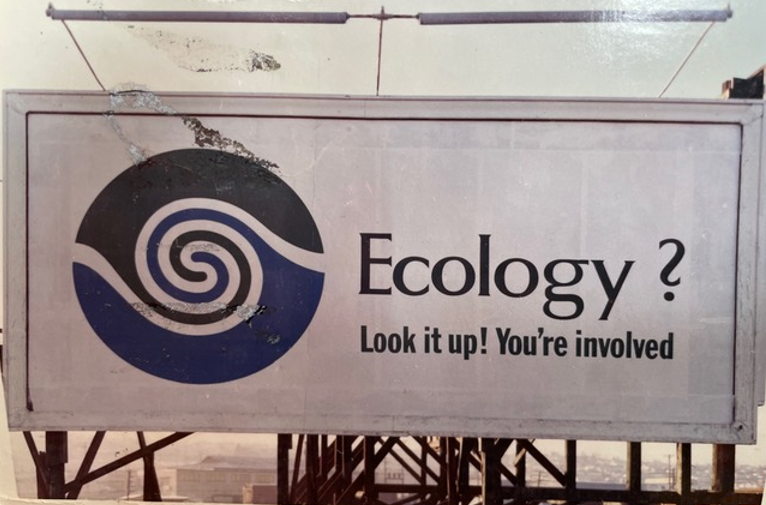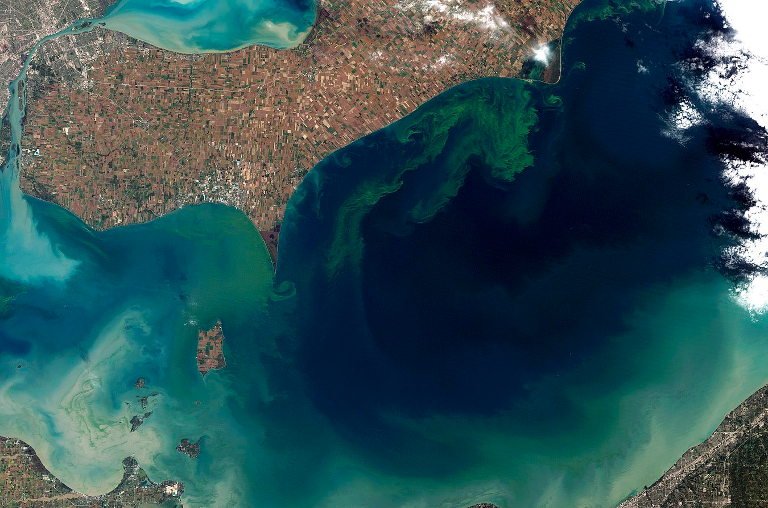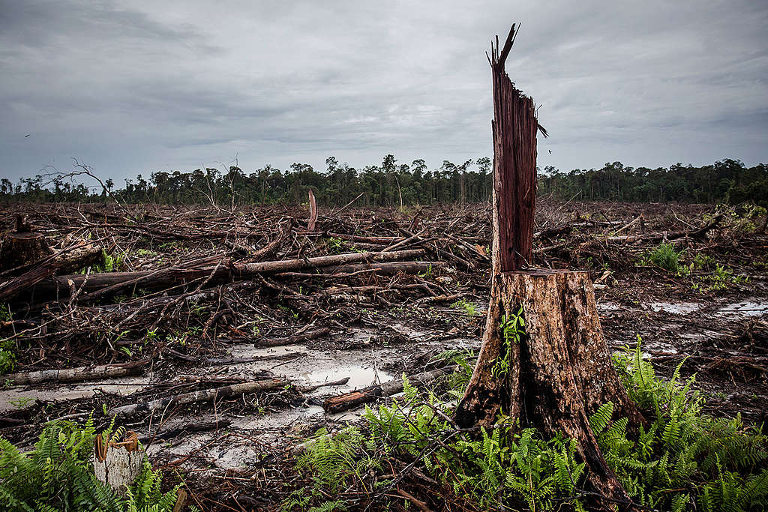Rex Weyler was a director of the original Greenpeace Foundation, the editor of the organisation’s first newsletter, and a co-founder of Greenpeace International in 1979.
Green Talks: Nate Hagens & The Great Simplification
Citizens in the US and Canada use over 300GJ per capita, so there is lots of room to simplify. We can reduce our energy demands without significantly reducing the general well-being of humanity.
April 11, 2023
Ecology? Look it up! You’re still involved
We cannot solve climate change or other symptoms of overshoot — including global injustices and the lingering threat of more pandemics — without really understanding and feeling deeply the lessons of wilderness, of ecology.
February 9, 2022
Why is the political process so slow to respond to our ecological crisis?
All paths out of overshoot (genuine solutions) involve a contraction of the species and a decline of material/energy throughput. There are no exceptions.
September 24, 2021
Failed Economics
Modern neoliberal economics serves only billionaires and bankers. The rest of humanity and all of wild nature get crushed under its simplistic, rationalising theories.
March 26, 2019
What Can We Do?
Reality 101 addresses humanity’s toughest challenges: economic decline, inequality, pollution, biodiversity loss, and war. Students learn about systems ecology, neuroscience, and economics. “We ask hard questions,” says Hagens. “What is wealth? What are the limits to growth? We attempt to face our crises head on.”
December 18, 2018
What Can we Do?
We may benefit if we simultaneously hold two extremes of action; both the huge, universal movements for ecology and justice and the daily, personal actions that help slightly and make us better examples to others.
June 12, 2018







